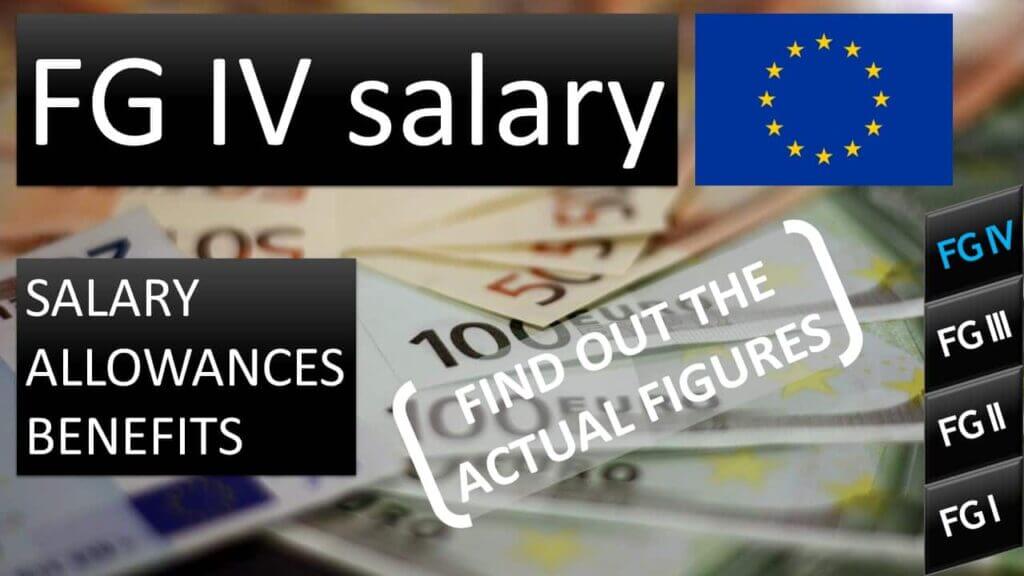Only three staff categories in EU institutions count as ‘EU civil servants’:
- Administrators AD 5-16
- Assistants AST 1-11
- Secretaries and Clerks AST/SC 1-6
All other staff categories including Contract Agents and Seconded National Experts are not EU civil servants but simply employees of institutions of the European Union.
With this nomenclature question out of the way, here’s what EU civil servants do –
An EU civil servant is an individual employed by the European Union’s institutions, agencies, or bodies, such as the European Commission, the European Parliament, the Council of the European Union, and various other entities. These civil servants are responsible for implementing EU policies, managing EU programs, and ensuring the smooth operation of the Union’s administrative and legislative functions.
EU civil servants are recruited through a rigorous selection process organized by the European Personnel Selection Office (EPSO). This process includes competitive exams and assessments designed to identify candidates with the necessary skills and qualifications. Once recruited, EU civil servants are classified into different function groups and grades, reflecting their roles and responsibilities: Administrators (AD), Assistants (AST), and Secretaries/Clerks (AST/SC).
Administrators typically handle policy development, analysis, and management tasks.
Assistants provide technical and administrative support.
Secretaries/Clerks handle clerical and office management duties.
One of the defining features of an EU civil servant’s role is their commitment to serving the interests of the EU as a whole, rather than any individual member state. This principle ensures that their work is aligned with the broader goals and values of the European Union, fostering unity and cooperation across its diverse member states.






Hi, I have a question about the DSA and the address in Sysper. Does this stop the DSA or trigger…